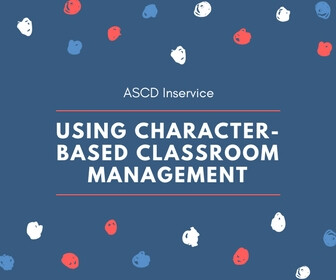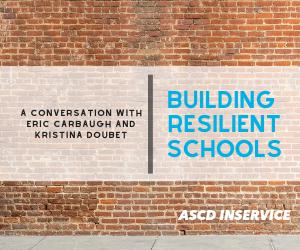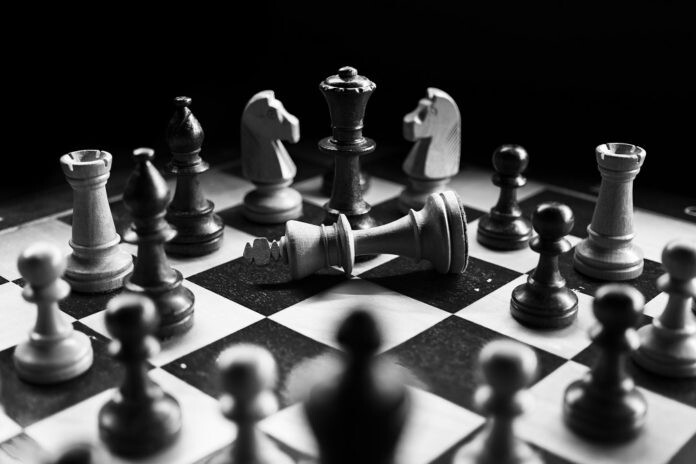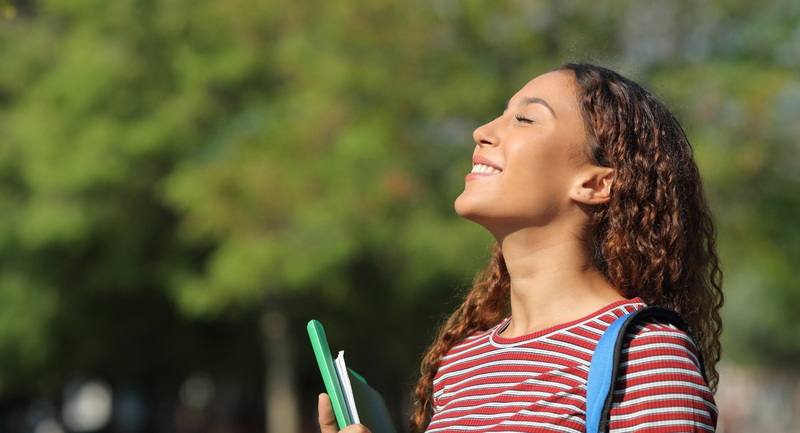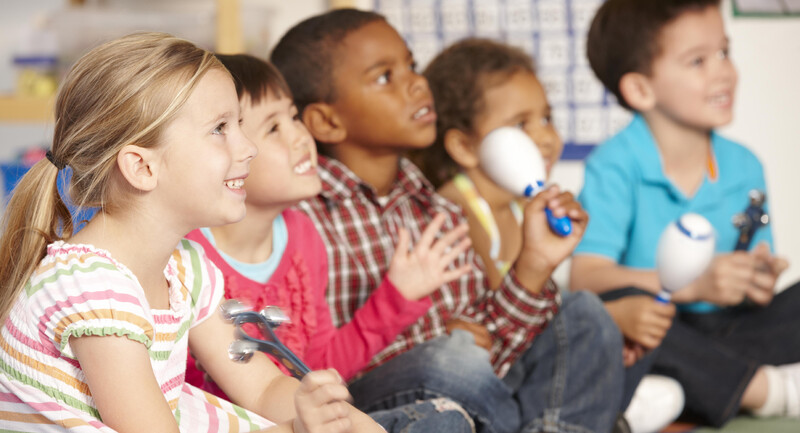The following coverage is from ASCD’s Annual Conference, happening virtually this week, June 23-25, 2021. Register now to participate live or access all presentations on-demand through July 25. Learn more.
When Consuelo Kickbusch was a child, her family lived in a boxcar in Laredo, Texas. Her parents had travelled north from Mexico in search of opportunity and the small dwelling was all that was within their means. One day, as her father headed off to his factory job, her mother told him to be ready to put up curtains when he returned. It was an odd idea for a house without windows, but her mother had a plan. She sewed curtains out of flour sacks and enlisted a local welder to carve out windows in the boxcar’s metal walls.
“You might say she was the Mexican version of Martha Stewart,” Kickbusch quipped in her ASCD Annual Conference address today. “The crisis that she faced wasn’t one of giving up.”
Leading and innovating in the face of adversity was at the heart of Kickbusch’s keynote to nearly 4,000 attendees. Though she went on to become the highest-ranking Hispanic woman in the Combat Support Field of the U.S. Army, Kickbusch realized as a young English learner in a community without much money how structural obstacles can hold vulnerable students back. And with teachers and school leaders recovering from a year of pandemic-induced challenges, she shared how the lessons she learned on strengthening resiliency and remembering her personal “why” can help everyone prepare for the fall.
For Kickbusch, servant leadership often comes from necessity. The organization she founded, Educational Achievement Services, Inc., partners with parents, educators, and students in need of guidance on how to be better mentors and role models. She remembered one colleague, a principal, who noticed early on [in the pandemic] that many of her students didn’t have reliable internet access. So, she drove a bus full of routers into neighborhoods to help kids get online. “You have to work with what you are left with, but you don’t have to look at it as a deficit,” she said.
Kickbusch also outlined her own work comforting and uplifting her 11-year-old granddaughter who struggled with depression and anxiety throughout the pandemic. Care and attention to student wellness are essential, she said, and necessary in order for educators to become what she calls “dream makers.”
As an army-veteran, Kickbusch grounds herself by connecting with community—from the family she quarantined with to the nation she continues to serve. As teachers regroup this summer, they should remember the power that comes with teamwork.
“For us to build a community, we should be willing to walk into a room, leave our titles at the door, and build on our social-emotional learning. We need each other,” she said.
Along with collaborating, teachers must also recognize that they and their colleagues had to develop solutions on the fly during this past year. Kickbusch reminded the audience of educators that they, too, were first responders during the pandemic. She earned 14 medals for acts of courage over the course of her career, but teachers rarely get the same recognition.
Finally, Kickbusch stressed that now is the time to invest in self-care and self-love. And that’s not only because so many educators are recuperating from a strenuous year. As she explained, the best leadership for students is only possible when teachers are also revitalized.
“Fill your well, for the children are coming,” she concluded. “They will be coming with a greater need, for their well will also be empty.”




